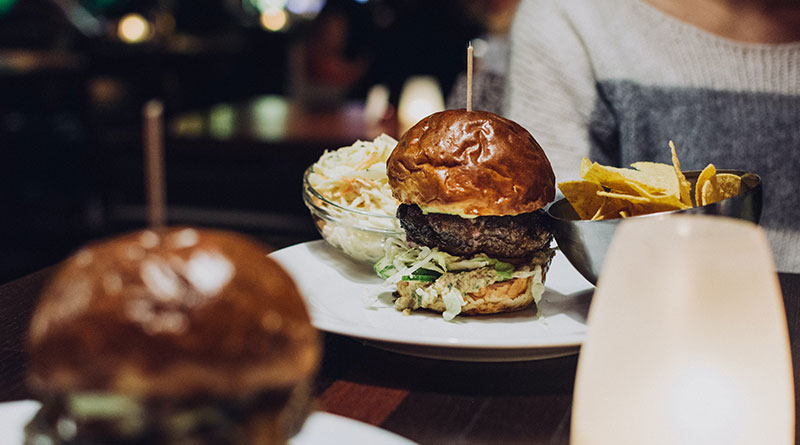Public are Spending Less at Pubs, Clubs and Bars

As the cost of living crisis continues to hit people’s wallets, the British public is spending less on food and drink despite the summer holidays, according to a report from Barclaycard.
The consumer confidence survey, relating to spending between 25 June and 26 July this year, asked 2,000 people about where they were spending, contrasting it with the results of the equivalent survey from July 2021.
The eating and drinking category was up 9.0 per cent year-on-year, yet it saw a slight decline (-1.5 per cent) compared to the previous month. The month-on-month drop is partly a reflection of how well the sector performed in June, owing to the Queen’s Platinum Jubilee weekend. However, demand has also been falling due to the cost-of-living squeeze; almost three in 10 (29 per cent) Brits say they plan to spend less on social plans and days out this summer, with 67 per cent of this group cutting back on eating out at restaurants, and 55 per cent spending less at pubs, bars and nightclubs.
Travel agents and airlines also continued to see year-on-year growth (204.0 per cent and 112.7 per cent respectively), however both categories were down month-on-month (-3.8 per cent and -3.0 per cent). This is likely due to the ongoing disruption across the aviation sector, as well as the 20 per cent of Brits who are choosing not to summer holiday abroad this year, and the 16 per cent instead opting to take a break in the UK. The popularity of staycations is driving spend in the hotels, resorts & accommodation category, which grew 1.9 per cent compared to June.
But questions from the survey signified a reduction in consumer spending power due to inflation was also responsible for the dip, and indicate that further decline is on the horizon. In addition to more than half of those surveyed spending less at pubs, clubs and bars, two-thirds said that they would cut back on eating out.
Off-trade may also experience a similar drop as consumers prioritise essentials in their weekly shop. 52% said that they are currently cutting down on luxuries and one-off treats for themselves.
Meanwhile, the data also shows nine in 10 (91 per cent) are concerned about rising inflation, surging household bills and higher food prices, while confidence in the future of the UK economy remains low at 26 per cent.
José Carvalho, Head of Consumer Products at Barclaycard, said:
“July saw Brits get into the swing of summer by prioritising non-essential spending on staycations, new clothes and beauty products, while the heatwave gave an extra boost to the electronics sector, as consumers bought gadgets to keep cool.
“However, inflation continues to have a noticeable impact, with price rises forcing shoppers to spend more on essential everyday items such as fuel, butter and milk, and to cut back on some discretionary experiences such as meals and drinks out, and holidays abroad.”
“We know that this is a really challenging time for many consumers, so it is reassuring to see that more Brits are feeling confident about their household finances and ability to live within their means each month. This shows that, faced with difficult circumstances, many are finding ways to budget and manage their finances successfully, to cope with ongoing inflationary pressures
